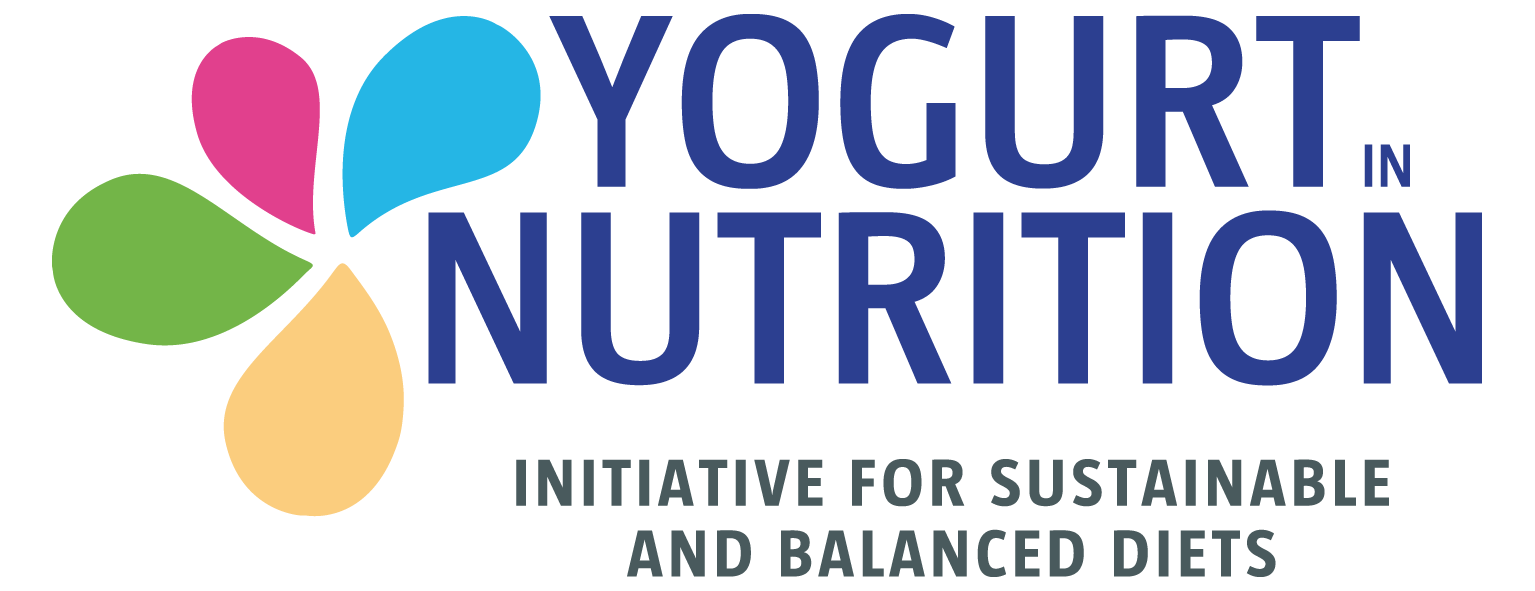In this interview, Professor Philips explains what kinesiology is and then details what according to him are the most important benefits of yogurt.
What is kinesiology? Is that where your interest in protein comes?
Kinesiology is the study of human movement. I’m interested in the interaction between physical activity (exercise) and nutrition, specifically protein. As an essential macronutrient, protein provides the building blocks for all kinds of tissue, but my interest lies predominantly in skeletal muscle. Thus, we study conditions that lead to muscle growth or attenuate muscle such as that which occurs with aging.
How would you qualify the benefits of yogurt for nutrition and lifestyle?
Yogurt is a terrific food ‘package’, it’s rich in nutrients and very versatile as a food and food ingredient. For me the chief benefits of yogurt come from its incorporation into the dietary pattern of those looking to increase their protein intake, provide a healthy and satisfying snack, and improve the density of nutrients in their diet.
What is for you the most striking fact about yogurt in recent literature?
I think the realization that dairy, in particular yogurt, can have a preventive role for type 2 diabetes is one of the major benefits of yogurt (see http://www.ncbi.nlm.nih.gov/pubmed/26912494). In addition, I also think that the fact that higher protein intakes, still well within the acceptable macronutrient distribution range, are a good idea for older persons (see http://www.ncbi.nlm.nih.gov/pubmed/26960445) and that this is true on a per meal basis (see http://www.ncbi.nlm.nih.gov/pubmed/26980369) means that higher protein (Greek-style) yogurt have a big role to play, especially at breakfast.
Biography – Stuart M. Phillips, Ph.D.
Professor, Kinesiology and Medicine, McMaster University – Tier 1 Canada Research Chair – Skeletal Muscle Health
Stuart Phillips obtained a Ph.D. from the University of Waterloo in Human Physiology in 1995. He joined McMaster University in 1998 and is currently a full Professor in the Department of Kinesiology and School of Medicine. He is Tier 1 Canada Research Chair in Skeletal Muscle Health. He is also the inaugural Director of the McMaster Centre for Nutrition, Exercise, and Health Research and the Physical Activity Centre of Excellence. His research is focused on the impact of nutrition and exercise on human protein turnover, specifically in skeletal muscle. He is dedicated to understanding how exercise and dietary protein impact body composition, strength, and function in aging. His research is funded by the Canadian Institutes for Health Research, the National Science and Engineering Research Council of Canada, the Canadian Diabetes Association, the US Department of Agriculture, and the Canadian Foundation for Innovation. Dr. Phillips is a fellow of both the American College of Sports Medicine and the American College of Nutrition.
Twitter: https://twitter.com/mackinprof
Facebook: https://www.facebook.com/SMPPh.D/
LinkedIn: https://ca.linkedin.com/in/professor-stuart-phillips-ph-d-facsm-facn-9a02b811
Website: https://www.science.mcmaster.ca/kinesiology/people/faculty/292-Stuart%20Phillips.html





